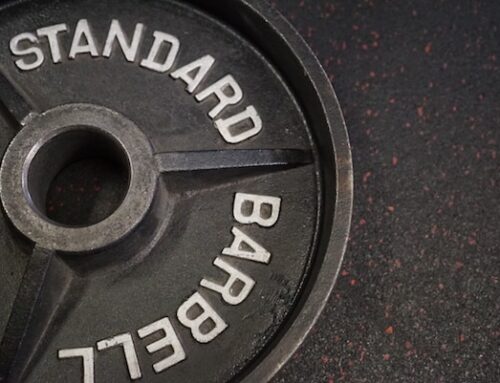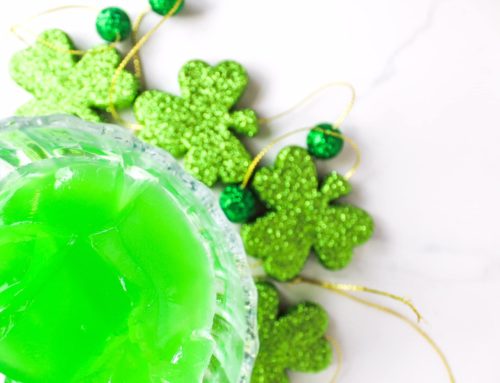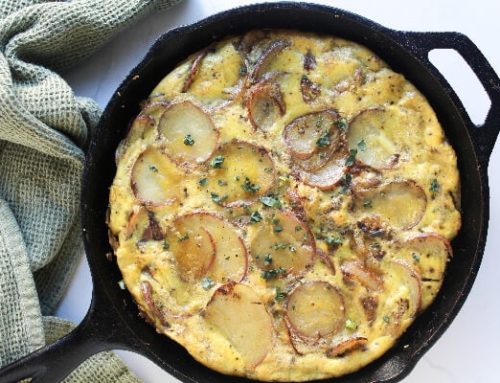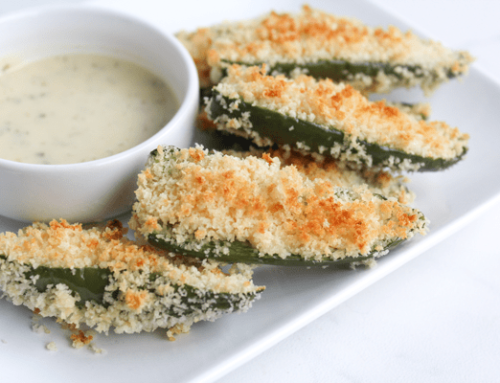Ok ladies, let’s get to the bottom of this one. I’d like to start by letting you know that you need to talk to your doctor before taking any of this advice on supplementation. Your body is unique, and you may have specific needs or health concerns during your pregnancy that create special circumstances during your own, beautiful nine months.
With that said, here is a breakdown of supplement basics, what is important and why and what I have been taking throughout my entire pregnancy:
Protein
While it does not need to come from a supplement, you CAN use one during pregnancy. This one is entirely up to you and your doc. Getting enough protein in each day is so crucial that I’m mentioning it first. It is important to your tissue health and growth – specifically, during pregnancy, your fetal and uterine tissue health and growth. After that, it is important that you get enough protein to maintain all of that hard-earned muscle you worked so hard for pre-pregnancy! I do believe that some muscle loss is likely (judging by looking at my own body) during pregnancy, but you CAN save it, maintain most of it and get it all back afterward!
The main problem is that MANY women have a strong aversion to meat protein during pregnancy, especially in the first trimester and the beginning of the second trimester. I know I did. Just the sight of uncooked or cooked protein in my refrigerator could ruin my hour and make me feel so yucky! I didn’t even want it in the house. The only way you could get me to eat it was if someone else cooked it far away from me and if it was mixed into an amazing bowl or burrito filled with cheese and other goodies that disguised it. Ha! What a difference from the chicken and steak eating, muscle-building fitness queen I was before becoming pregnant! It was like all of the foods I ate all day to get fit (chicken, steak, broccoli, etc.) had become my worst enemy. And, all of the foods that don’t come with getting fit (cheese, sauces, more cheese, cheese) were my only options!
That scared me quite a bit in my first trimester, because I knew that 9 months of eating cheese was not going to turn out pretty.
So, know that you’re not alone if you can’t stomach meat protein. But, you DO have to get it in somehow! And, if you’re like me, later in your second trimester, you and meat protein maybe won’t be best friends again, but you will make up and tolerate each other.
A high quality whey protein powder is a fantastic way to supplement your protein. You may not feel comfortable doing that during your own pregnancy, but I feel great during mine–my doc approved and my baby is healthy and growing. Just pay attention to your labels and make sure you’re supplementing with a reputable, high quality whey protein isolate that doesn’t have a bunch of junk and extra ingredients in it. I’ve been taking NLA for Her’s Chocolate Éclair Her Whey protein my entire pregnancy. It has helped me reach my protein requirements and tastes AMAZING (which helps with the majority of my sweets cravings).
A good starting point is to get a minimum of 1 gram of protein per pound of your pre-pregnancy weight. I bumped mine up even more and multiplied my pre-pregnancy weight (130 lbs) by 1.35 to make sure I was getting around 175 grams of protein each day.
Normally, my protein is 15-20 grams lower than this (for my bodyweight), but since I’m not 100% comfortable taking BCAAs all day like I did pre-pregnancy, I wanted to bump up my food protein to make up for that. I now just have one scoop of BCAAs mixed in my water during my workouts (instead of drinking them throughout the day).
If you need more food protein ideas that don’t involve chicken or steak, refer to back to all of my Pregnancy articles here for more ideas – I have a blog dedicated to pregnancy nutrition.
Fish Oils
The Omega-3 in fish oil is ESSENTIAL to the brain and eyes of your baby. If you’re concerned about the mercury content, certain fish meat has mercury, not fish oil. Aside from being so important to your baby, getting enough fish oil can help with postpartum depression, gestational diabetes, preeclampsia and more. You want to shop for a brand with a high EPA & DHA content, or just be okay with taking a lot of fish oil pills (or liquid) until you get the correct amount – up to 1,000mg of each in your first and second trimesters. You can bump it up even more in your third trimester (this is when helping with postpartum depression really counts!).
Calcium & Vitamin D
These two help to regulate fluids and build your baby’s bones. I strive to get at least 600iu Vitamin D (but you can go as high as 5000iu) and 1000mg Calcium each day.
Iron (with Sodium & Potassium)
Iron helps to increase blood volume and prevents anemia. Your body uses Iron to make hemoglobin, a protein in your red blood cells that carries oxygen to your tissues. With the increase in blood supply during pregnancy, this will be important so that you can keep up the hemoglobin production. Most prenatal vitamins have around 27mg, which seems to be standard.
In my case, this amount of Iron was too much for my body’s natural Iron production and most store-bought prenatal vitamins were making me terribly ill. So, I ended up not taking a store-bought prenatal vitamin at all, and I created my own combination of vitamins and minerals that I take daily to make my own. It works great!
Magnesium
Preeclampsia is a major concern during the later months of your pregnancy, and while there is no guarantee you won’t be affected by it, supplementing with magnesium can help there.
Magnesium can also help calm your upset stomach and nausea.
Folic Acid (FOLATE)
Folate is a B vitamin that reduces the risk of neural tube defects that cause abnormalities in your baby’s brain and spinal cord. Read your labels carefully, though, because the Folate in many supplements is synthetic (you want to make sure it reads Folic Acid from Folate) and is not absorbed very well in your body. The BEST way to guarantee you’re getting enough Folate is by eating green, leafy vegetables. Tough news when green veggies don’t sound good! No one said this would be easy.
Iodine
Iodine is found in eggs, dairy, vegetables and some seafood and is responsible for your baby’s brain development. MANY women are deficient in iodine (prenatal vitamins don’t have enough, either!) so I supplement with Kelp during my pregnancy (and will also during breast feeding). I like the Kelp, because it provides 400mcg of Iodine and just a little bit of Iron (I can’t have a lot since it makes me sick).
Honorable Mentions
Of course, take a high quality multivitamin and/or any prenatal vitamin you know and trust. Or, if you’re like me, you can take your multivitamin and then create your own prenatal vitamin mix using the above supplements that work best with your body.
Biotin has also been important to me during pregnancy. It is keeping my hair, skin and nails strong. I’m in shock how perfect my skin has been! Working out a lot usually gives me breakouts. However, throughout my entire pregnancy, I haven’t had a single breakout and my skin is glowing and looks perfect! I’ve been getting my Biotin from NLA for Her’s Healthy Her supplement. It has the amount of Biotin I want, plus a few extra vitamins that add to what I’m already taking. The one thing I want to point out is that if you take any extra vitamins in addition to your multivitamin, you must watch your intake of Vitamin A during pregnancy and while you are trying to conceive. Taking over 10,000iu of Vitamin A while trying to conceive and during the first trimester can cause birth defects.






Leave A Comment
You must be logged in to post a comment.